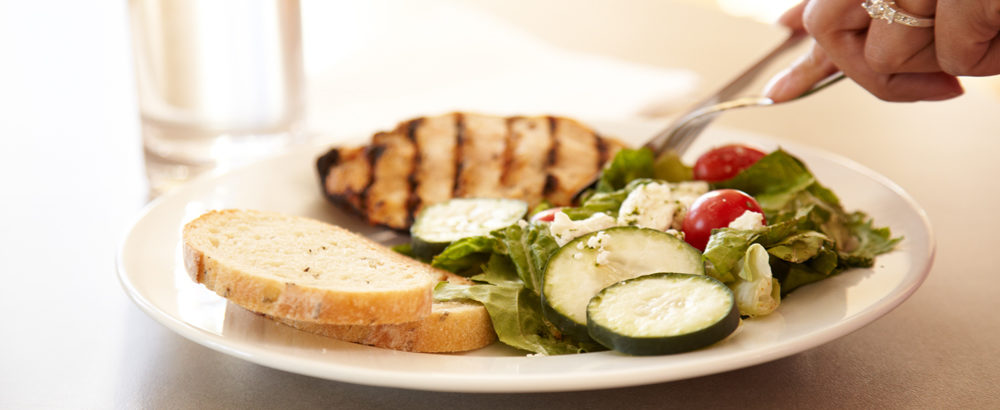By Ameya Kulkarni, MD
Here are five of the most interesting takeaways I learned from the PURE trial.
- Percent of Carbs Matters
One of the key findings of the study was that as the percentage of diet from carbohydrates increased, the risk of death increased. This was particularly an issue when more than 60 percent of calories came from carbohydrates. This is critical in Asian countries (e.g., Bangladesh, China, India, Malaysia, and Pakistan) where it was found that more than 60 percent of people were above this threshold. - Fats are not necessarily bad…
A surprising conclusion was that more fat in the diet was not associated with more cardiac events or death. This was true even in the group of people who got more than 30 percent of their calories from fat – an important result as current recommendations for a healthy diet suggest that you should get less than 30 percent of your calories from fat - … But are not necessarily protective either
A common misquote about this study is that a higher percentage of fat in the diet was associated with a lower risk of death. While that is technically true, the effect was primarily seen when comparing the group of people who consumed the least amount of fat (8-12 percent of calories from fat) and the second least (16-20 percent). Beyond that, there was not a significant reduction in risk of death with increasing fat content.
To me, this suggests that a very low intake of fat is potentially life threatening, but this may be because of factors not related to diet – such as the effects of poverty or an inability to consume higher amounts of fat for other reasons. - The type of fat matters
Not all fats are the same. Saturated fats, monounsaturated fats, and polyunsaturated fats all act differently in the body and have different protective and potentially damaging effects. The PURE study suggests that while more fat was not necessarily harmful, higher amounts of polyunsaturated fats (e.g., nuts and olive oil) may be protective. - There is much more to be learned
It is important to remember that this was an observational study. This means the research team collected data on food habits at the beginning of the study and then observed the outcomes. They did not intervene to modify diet in any way, so the study does not answer the question, “Will changing to a high-fat diet help me?”
Also, although the study did an excellent job of attempting to account for poverty level and other social factors, a very low-fat, high-carb diet is much more frequently seen among low-income households. Since one of the findings of the study was an increased risk of death not from heart attack or stroke among people with a high-carb and/or very low-fat diet, it is possible that the findings of the study were related to the effects of poverty.
Of course, the most important question is whether this should change the way you eat. My advice is to practice moderation. If you adhere to the principles of the Mediterranean diet – focus on fruits and vegetables, avoid meats with high amounts of fat, and eat more olive oil and tree nuts – this study shouldn’t change your habits too much. If you have a diet heavy in rice, bread, pasta, or starchy vegetables, trimming those parts of your daily intake and replacing them with fruits, vegetables, or nuts is probably a move toward a healthier diet.
Whatever your habits are, a healthy diet is one that you can sustain for a long time. So whether you decide to focus more on reducing carbs or increasing olive oil and nuts, pick a path you can stick with and start eating healthier today.
To learn more about eating healthy, visit MAPMG’s Staying Healthy pages.




